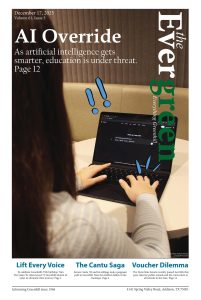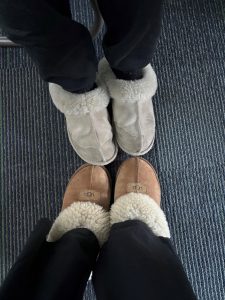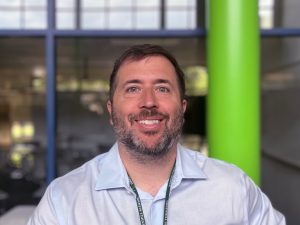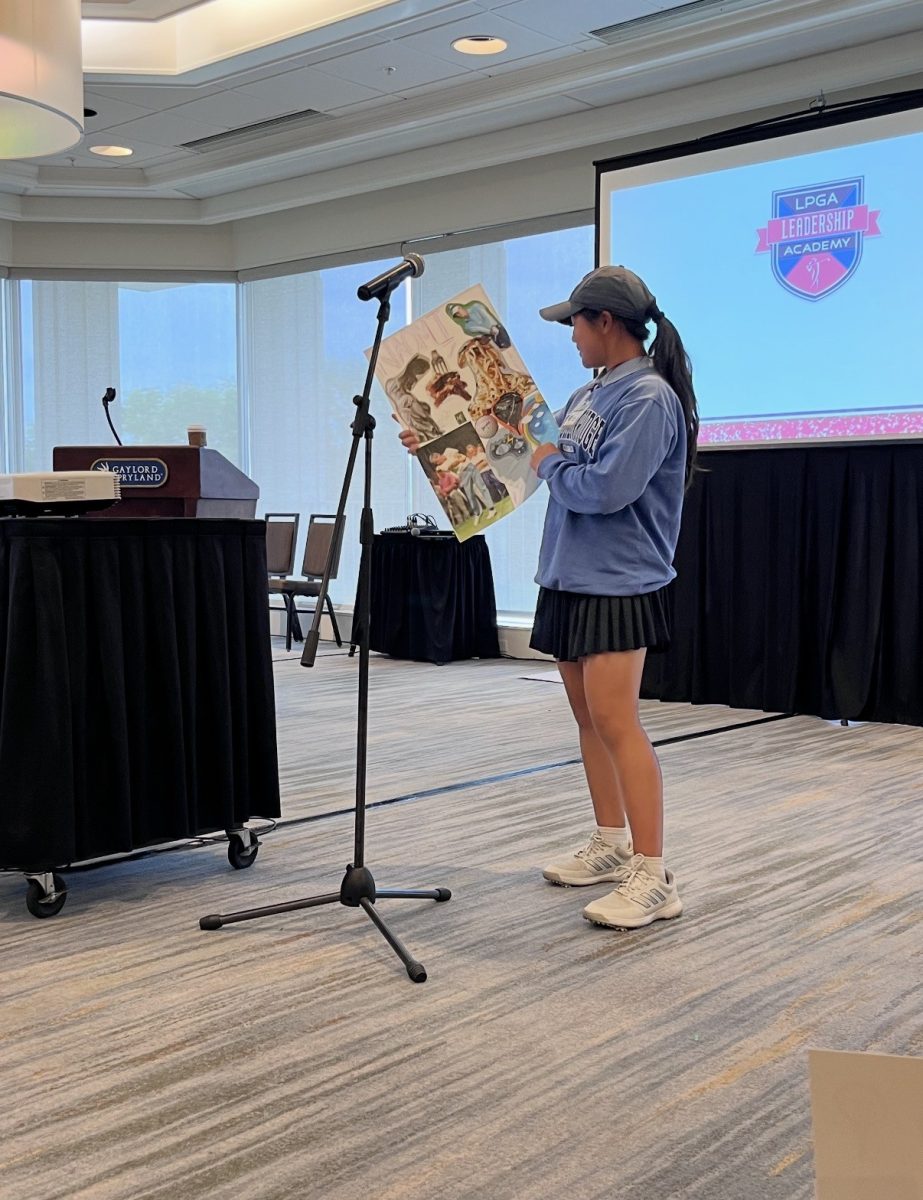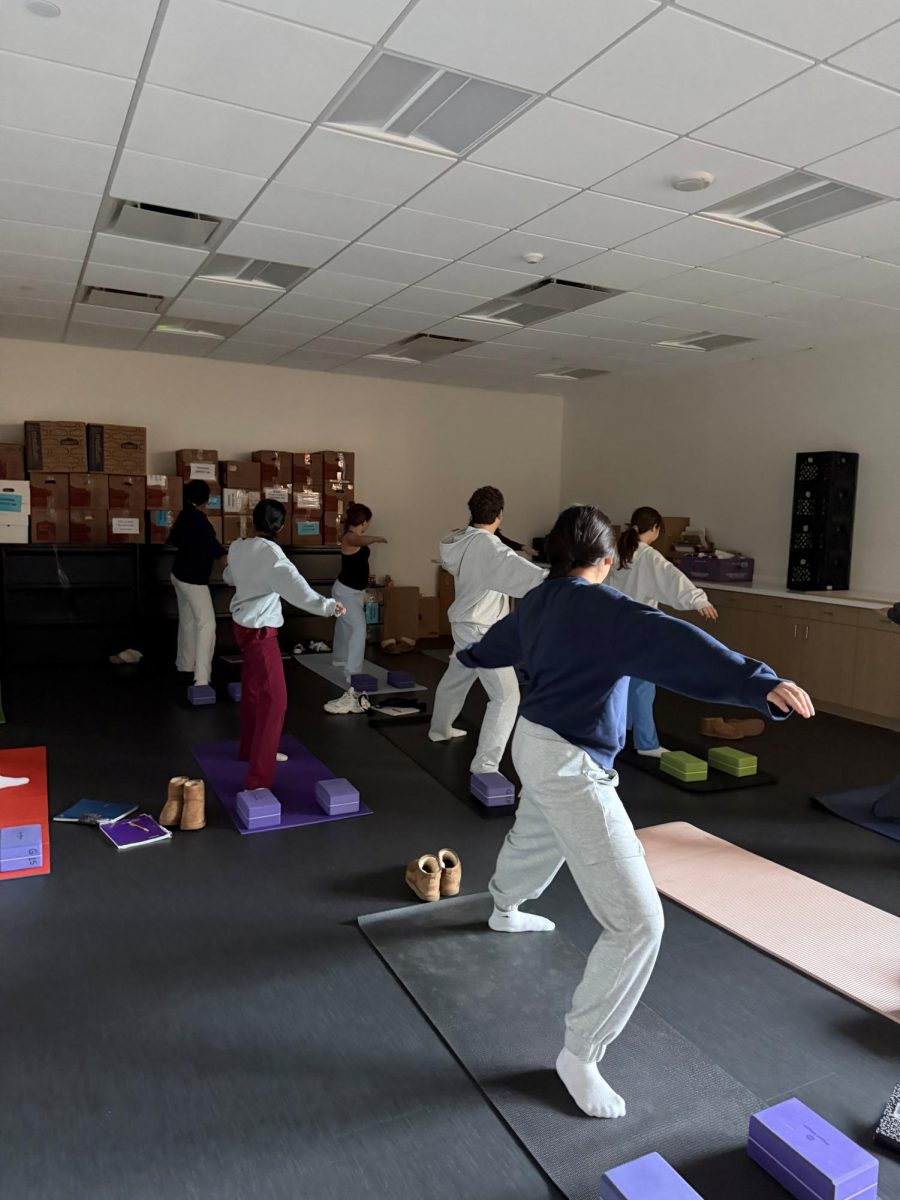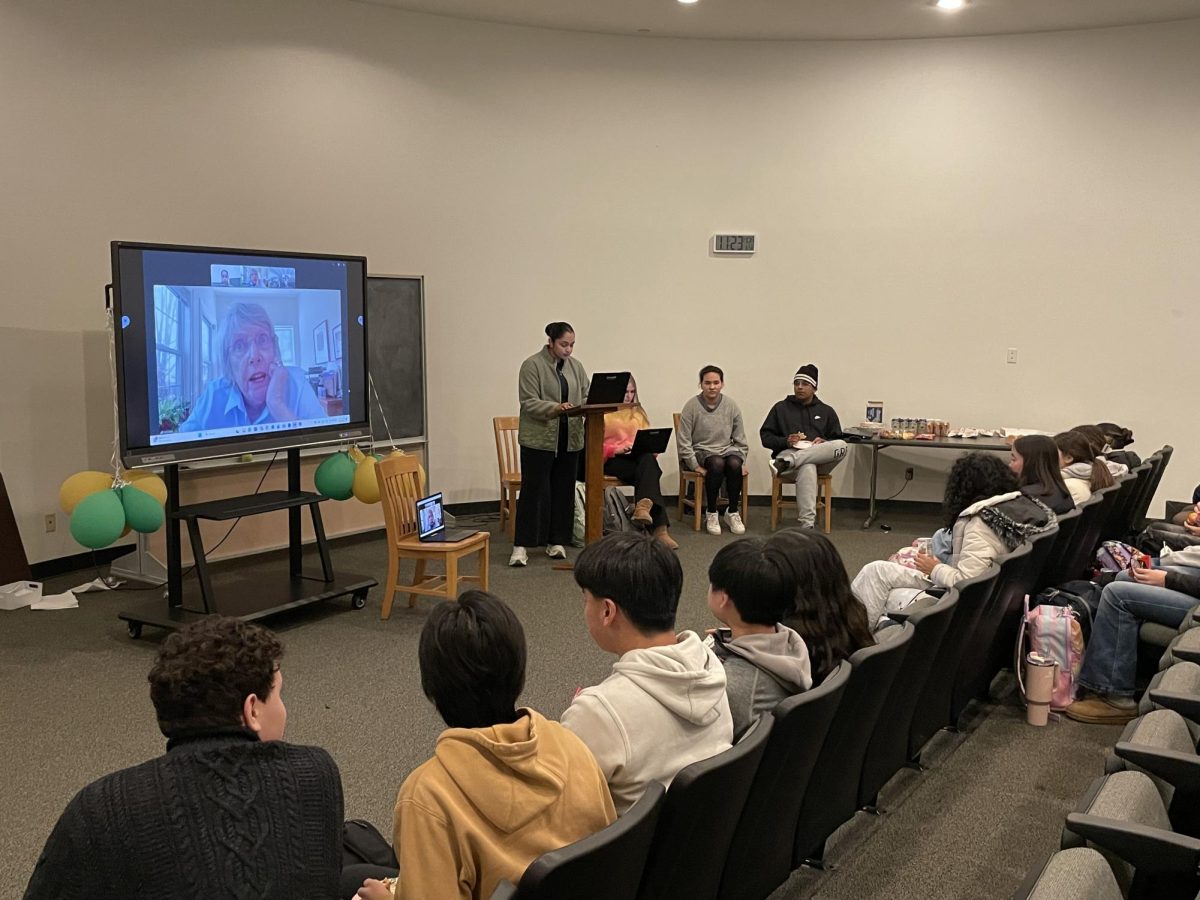Upper School Partakes in Substance Abuse Prevention Program with Eduardo Torres
April 25, 2023
In an effort to educate Upper School on how to safely navigate the issue of substance abuse, the Greenhill counseling department partnered with Prevention Solutions, a segment of the Hazelden Betty Ford Foundation, following the rapid increase in drug overdoses within the metroplex.
During the week of March 20, each grade received a talk with Eduardo Torres, a prevention specialist, with a focus of responsible decision-making and education on substance abuse.
When students were asked about their experiences with the talks, most had a positive view of the programming. Many sophomores expressed feeling comfortable enough to express curiosity about certain areas of the subject.
“I liked it; I learned a lot,” sophomore Rhett Mulder said. “I felt like I could ask questions that I couldn’t ask a teacher.”
Covering topics such as substance abuse has been an ongoing struggle amongst students ranging from 14 to 18 years old. But students agree that Greenhill’s approach was both beneficial and educational.
“I think it was very important, and I definitely learned new things that other people might not [know],” sophomore Itamar Friedman said. “I think Greenhill definitely did [substance education] better than most schools.”
While tenth graders were split into groups of 10 to 15 and had two one-hour-long sessions with Torres, other grades were all together and received only one 45-minute session.
According to students, this made it less effective.
“[Torres] seemed very nice, and I would be comfortable asking him questions,” freshman Dylan Considine said. “But the talk was in front of the whole grade, so it felt a little weird. I think it would have been more beneficial if we had done it by advisory or smaller groups.”
Upper School Counselor Kathy Roemer said the prevention programming works better with younger audiences, so originally, the freshmen were supposed to receive the extended version of the talks. However, since they are already participating in Our Whole Lives (OWL), a sexual education program, the school decided to give it to the sophomores instead.
“Because our ninth grade is getting a lot of programming this year with OWL, we didn’t want to pile another big program on them,” Roemer said.
According to Roemer, another reason why this programming will probably continue to be targeted to sophomores is because of the connection to the tenth-grade science curriculum of chemistry.
As well as with chemistry, biology students also showed educational benefits from the program.
Upper School Science Teacher Sonia Chin says some of the positive impacts that the talks had from an educational perspective included helping students further expand their knowledge through a scientific lens.
“One thing I noticed about how [Torres] was delivering the programming, is that it was very health-based, evidence-based and science-based,” Chin said. “Students were doing a much better job connecting what they had learned in science class to what they had talked about in the program.”
Roemer says she wants this program to create a space where students are educated but comfortable at the same time.
“I hope that by bringing [Torres] in, students can know they’re in a room with someone that doesn’t judge people for their decisions, and only wants to help,” Roemer said.




